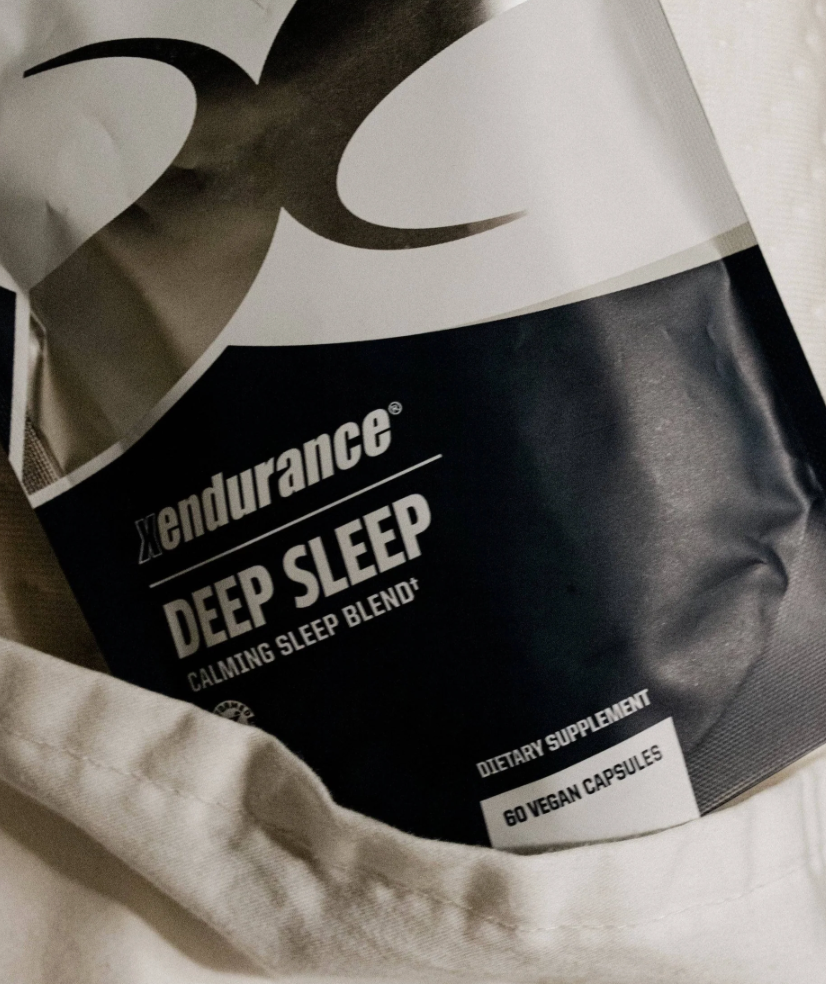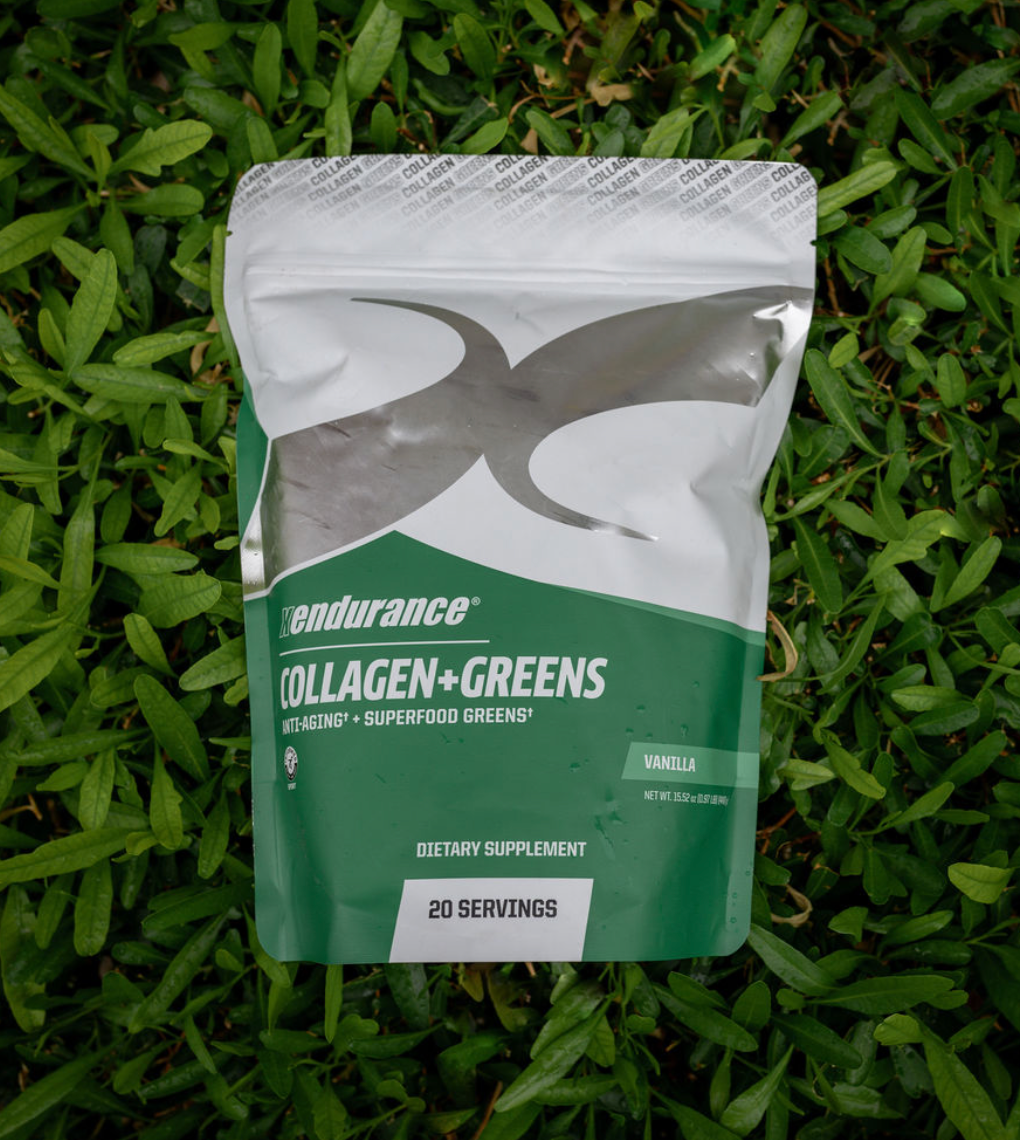In today's fast-paced world, where gym sessions, HIIT workouts, and marathon training are part of many people's routines, recovery is often the unsung hero of fitness success. We focus on protein shakes, stretching, and rest days, but what about sleep? Does skimping on shut-eye really sabotage your hard-earned gains? The short answer is yes—poor sleep can seriously undermine muscle recovery. But let's dive deeper into the science, breaking it down in simple terms, so you can understand why hitting the hay is as crucial as hitting the weights.
Imagine your body as a construction site. During the day, especially after a tough workout, your muscles, bones, and connective tissues take a beating—they develop tiny tears and need rebuilding. This repair work ramps up at night, thanks to a key player: growth hormone (GH). GH is like the foreman on that site, signaling your body to fix what's broken, build stronger structures, and even manage how your body handles sugar and fat. But if sleep is disrupted, the foreman doesn't show up, and the site grinds to a halt.
What Does the Research Say?
Recent research from UC Berkeley sheds light on this process. In a groundbreaking study published in the journal Cell, researchers uncovered the brain circuits that control GH release during sleep. Led by neuroscientists at UC Berkeley, the team used mice to map out how sleep triggers pulses of GH from the pituitary gland. They found that during both REM (rapid eye movement) and non-REM sleep stages, specific neurons in the hypothalamus—a part of the brain that acts like a control center—fire up to stimulate GH secretion. This isn't just random; it's tied directly to sleep onset, the moment you drift off. As soon as deep sleep kicks in, these circuits activate, leading to surges of GH that promote anabolic (building) processes.
Why Lack of Sleep Is Detrimental to Muscle Repair
What does this mean for muscle recovery? Anabolic signals are essentially your body's "go" commands for repair. During sleep, GH boosts protein synthesis, the process by which amino acids from your diet are assembled into new muscle fibers. This helps mend those micro-tears from exercise, making muscles stronger and more resilient.
The study also highlighted GH's role in bone remodeling—a fancy term for breaking down old bone tissue and replacing it with new, denser material. This is vital for preventing injuries like stress fractures in athletes. And don't forget connective tissues, such as tendons and ligaments; GH supports their repair by enhancing collagen production, which keeps them flexible and tough. Without enough sleep, these signals weaken, leading to slower recovery, increased soreness, and a higher risk of overuse injuries.
The UC Berkeley findings build on earlier work, like a 1985 study, but aligning with the Cell study, classic research shows GH peaks during the first few hours of sleep, especially in slow-wave sleep (the deepest stage). For instance, a 1996 study in the Journal of Pediatrics confirmed that GH-releasing hormone injections increase deep sleep while boosting GH levels, creating a feedback loop where better sleep means more GH, and vice versa.
The Role of GH and Metabolism
Beyond muscles and bones, GH plays a starring role in metabolism. It helps regulate glucose by increasing blood sugar levels when needed, counteracting insulin to prevent lows during fasting states like overnight. This balance ensures your body has steady energy for repair without crashing.
On the fat side, GH promotes lipolysis—the breakdown of stored fat for energy—which aids in reducing body fat and redistributing it away from the abdomen, where excess can lead to health issues like insulin resistance. Studies show GH antagonizes insulin in tissues like muscle and liver, ramping up glucose production while encouraging fat use as fuel. In essence, GH during sleep helps sculpt a leaner physique by burning fat while sparing muscle.
Unfortunately, GH secretion isn't forever young. It naturally declines with age, starting around 30, dropping by about 14% per decade. By age 60, levels can be half of what they were in your 20s. This contributes to sarcopenia (muscle loss), weaker bones, and metabolic slowdowns like increased belly fat and poorer glucose control. That's why older adults often feel recovery takes longer—less GH means less efficient repair. But here's the good news: quality sleep can help maximize whatever GH your body produces, regardless of age.
Consistent Sleep is Essential
Now, let's talk about the importance of consistent sleep. The National Sleep Foundation recommends 7-9 hours per night for adults, but it's not just quantity—quality matters too. Consistent sleep means going to bed and waking up at the same times daily, aligning with your circadian rhythm (your body's internal clock). Poor sleep, like getting only 5-6 hours or fragmented rest, disrupts GH pulses, leading to reduced anabolic activity. Research shows sleep deprivation increases catabolic (breaking down) hormones like cortisol, which can eat away at muscle while promoting fat storage. Prioritizing sleep isn't a luxury; it's essential for anyone chasing fitness goals. Skimping on it can lead to overtraining syndrome, where recovery stalls, performance dips, and injury risk skyrockets.
The Comprehensive Benefits of Quality Sleep
But sleep's benefits go beyond muscles. Great sleep bolsters your immune system by ramping up cytokine production, proteins that fight inflammation and infection—crucial after workouts that stress your body. It enhances cognitive function, improving focus and decision-making during training. Mood regulation is another perk; poor sleep spikes irritability and depression risk, which can derail motivation. Sleep also aids hormone balance overall, like optimizing testosterone for men and women, which synergizes with GH for recovery. And let's not overlook cardiovascular health—consistent rest lowers blood pressure and reduces heart disease risk, keeping you in the game longer. In short, sleep is the ultimate multitasker for holistic health.
5 Everyday Habits for Better Rest
If poor sleep undermines recovery, how do you fix it? Here are five practical ways to achieve great sleep, backed by science and easy to implement:
- Stick to a Consistent Schedule: Train your body like you train your muscles. Go to bed and wake up at the same time every day, even on weekends. This strengthens your circadian rhythm, making it easier to fall asleep and wake refreshed. Studies show irregular schedules disrupt GH release and increase fatigue.
- Optimize Your Sleep Environment: Make your bedroom a sleep sanctuary—cool (60-67°F), dark, and quiet. Use blackout curtains, earplugs, or a white noise machine. A comfortable mattress and pillows support spinal alignment, reducing aches that interrupt rest. Research links better environments to deeper sleep stages where GH thrives.
- Wind Down with a Routine: Avoid screens an hour before bed; blue light suppresses melatonin, the hormone that signals sleep onset. Instead, read, meditate, or take a warm bath. Light exercise earlier in the day helps, but not too close to bedtime. This promotes faster sleep onset, allowing those anabolic GH surges to start sooner.
- Watch What You Eat and Drink: Skip caffeine after noon and heavy meals before bed—they can cause indigestion or energy spikes. Alcohol might make you drowsy, but it disrupts sleep, reducing quality. Opt for sleep-friendly snacks like cherries (natural melatonin) or almonds (magnesium for relaxation).
- Consider a Sleep Supplement: For those struggling with consistency, try a targeted supplement like Xendurance's Deep Sleep. Formulated with natural ingredients such as melatonin, valerian root, and magnesium, it promotes deeper, restorative sleep without grogginess. Users report faster recovery and better energy, aligning with how enhanced sleep boosts GH and muscle repair. Always consult a doctor before starting supplements.
Incorporating these habits can transform your recovery. Remember, poor sleep doesn't just undermine muscle gains—it affects your entire well-being. By prioritizing rest, you're investing in a stronger, healthier you.
The Science is Convincing
In conclusion, the evidence is clear: poor sleep does undermine muscle recovery by disrupting GH release and anabolic processes. From the UC Berkeley Cell study revealing sleep's neuroendocrine circuits to the natural age-related GH decline, science underscores sleep's pivotal role. Whether you're an athlete or weekend warrior, aim for 7-9 hours of quality sleep nightly. Add in those five tips, and watch your body rebound faster. Sweet dreams—and stronger muscles—await.









Leave a comment
This site is protected by hCaptcha and the hCaptcha Privacy Policy and Terms of Service apply.